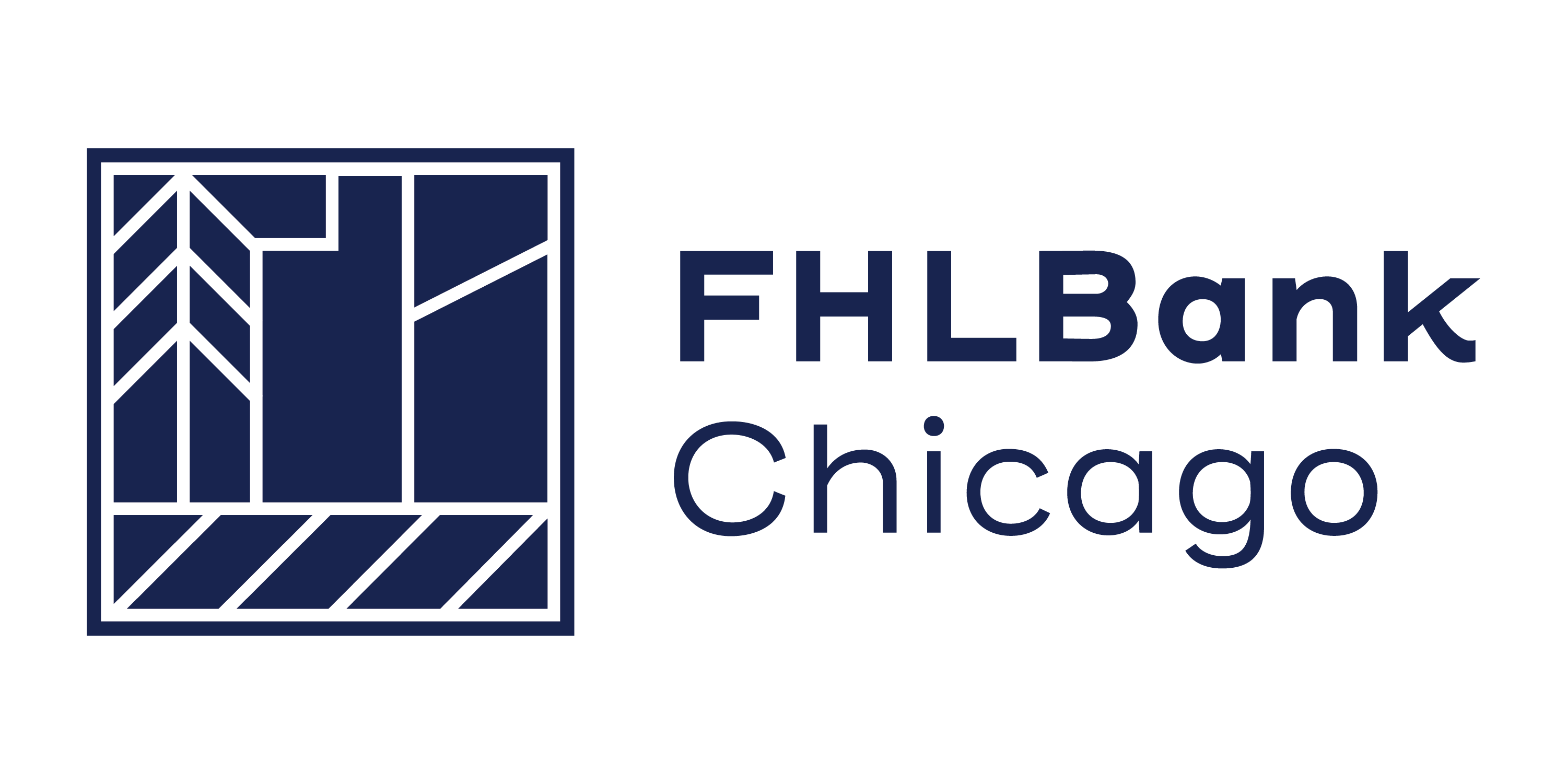Leveraging Your FHLBank Membership: Q3 2019
Strength of the Federal Home Loan Bank (FHLBank) System
Liquidity risk is the possibility that an institution may not be able to meet short-term financial commitments. This typically occurs due to the institution’s inability to convert a security or hard asset to cash without a loss of capital or income. During the 2007 financial crisis, financial institutions experienced increased demands for cash from existing borrowers, counterparties, and short-term creditors. As a result, financial institutions’ liquid assets were depleted, while demand for cash continued to rise. In order to meet this demand, many institutions turned to wholesale funding sources, such as debt markets, brokered certificates of deposit (BCDs), repurchase agreements (repos), and federal funds; however, these sources began to dry up. During this same time period, however, the FHLBank System issued debt in the capital markets to increase its lending (or “advances”) to member institutions in an effort to help them weather this increasing financial stress.
The FHLBank System provides contingent liquidity, funding for mortgages and asset liability management, and discounted funds for housing finance and community development to approximately 6,800 member institutions across the United States. Member institutions include thrifts, commercial banks, credit unions, insurance companies, and community development financial institutions. As a Government Sponsored Enterprise, the FHLBank System has access to robust capital markets, which enables it to reliably provide competitively priced funding to its member institutions. Further, the size of the FHLBank System allows for flexible structuring of its credit products, enabling each member institution to find a funding strategy that meets its specific needs.
A Contingent and Everyday Liquidity Source
The FHLBank System has a record of safety and reliability as a wholesale funding source – especially in comparison with other sources, such as debt markets, BCDs, repos, and fed funds – which was proven during the 2007 financial crisis. Member borrowings from the FHLBank Chicago, specifically, rose by more than 50% from Q1 2007 to Q3 2008. Further, since the crisis, FHLBank Chicago advances have become the primary wholesale funding source for Illinois and Wisconsin institutions (as shown in Figures 2 and 3) because our members view the FHLBank Chicago not just as a source of back-up liquidity, but also as a source of everyday liquidity.
Because credit is only extended on a secured basis, the FHLBanks are dependable liquidity providers and have sustained no credit losses on member institution borrowings for 87 years. To give members the greatest borrowing capacity, the FHLBanks allow both securities and loans to be pledged as collateral. Categories include single-family 1– 4 residential first liens, agency MBS/collateralized mortgage obligations, multi-family loans, commercial real estate, home equity loans, and additional classes. As of year-end 2017, the total book value of the FHLBank System’s eligible collateral had risen to $3 trillion, with a reported borrowing capacity of $2.2 trillion. The FHLBanks continue to expand eligible collateral classes and improve the pledging process in order to generate higher contingent liquidity and borrowing capacity for member institutions.
Community Investment Funding
Many member institutions use FHLBank loans to make a difference in their communities. In addition to providing on-demand liquidity, the FHLBank System promotes community development through two of the nation’s most successful ongoing housing initiatives: The Affordable Housing Program and the Community Investment Cash Advance Program.The Affordable Housing Program stimulates member lending efforts by supporting homeownership financing programs and the accessibility of rental housing for low- to moderate-income applicants. In 2018, the FHLBanks awarded nearly $400 million in funding and supported over 40,000 housing units. Since the program’s inception in 1990, the FHLBanks have awarded approximately $6.2 billion in funding, supporting approximately 911,000 housing units throughout the United States.
The Community Investment Cash Advance Program also promotes the FHLBanks’ core mission by providing members discounted funding to support the financing of housing or economic development initiatives benefiting low- and moderate-income households and neighborhoods. In 2018 alone, the FHLBank System collectively provided approximately $3.0 billion in funding for housing projects, $105.1 million for economic development projects, and $3.1 billion for community development projects. These projects ranged from commercial, industrial, and manufacturing initiatives to social services and public facilities.
Conclusion
In summary, the FHLBank System is an increasingly central funding source for financial institutions in the United States, due to its balanced and diversified funding position. During the early part of the last financial crisis, the FHLBank System played a central role as a “lender of next-to-last resort” by providing funding to its membership. Since the crisis, the FHLBank System has continued to serve an essential function for member institutions as a reliable source of everyday liquidity and community development support.

To Learn More
For more information on funding strategies or solutions, pledging collateral, or utilizing the Community Investment programs available to you, please contact your sales director at membership@fhlbc.com.Contributors

Melissa Deven
Director, Member Strategy and Solutions

Jessica Nick
Senior Analyst, Member Strategy and Solutions
Disclaimer
The scenarios in this paper were prepared without any consideration of your institution’s balance sheet composition, hedging strategies, or financial assumptions and plans, any of which may affect the relevance of these scenarios to your own analysis. The Federal Home Loan Bank of Chicago makes no representations or warranties about the accuracy or suitability of any information in this paper. This paper is not intended to constitute legal, accounting, investment, or financial advice or the rendering of legal, accounting, consulting, or other professional services of any kind. You should consult with your accountants, counsel, financial representatives, consultants, and/or other advisors regarding the extent these scenarios may be useful to you and with respect to any legal, tax, business, and/or financial matters or questions.Federal Home Loan Bank of Chicago | Member owned. Member focused. | October 2019

